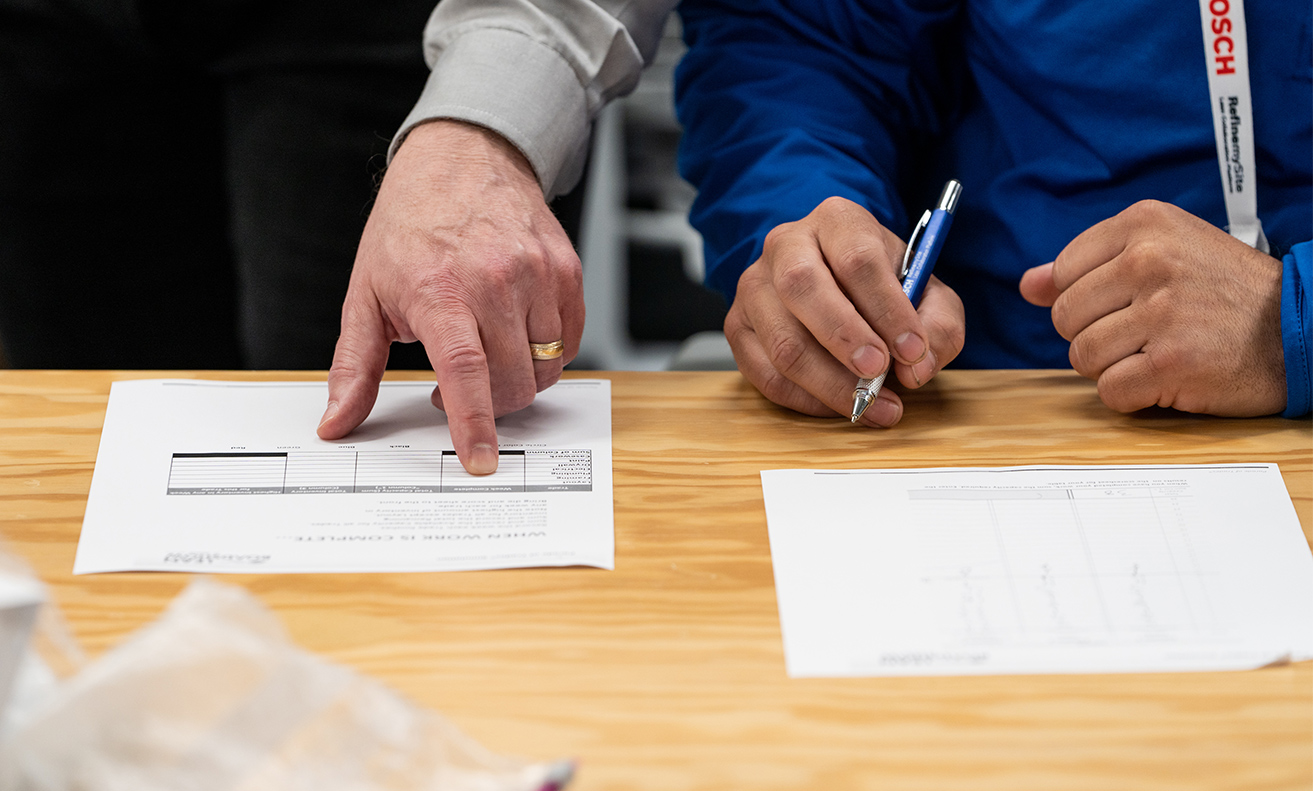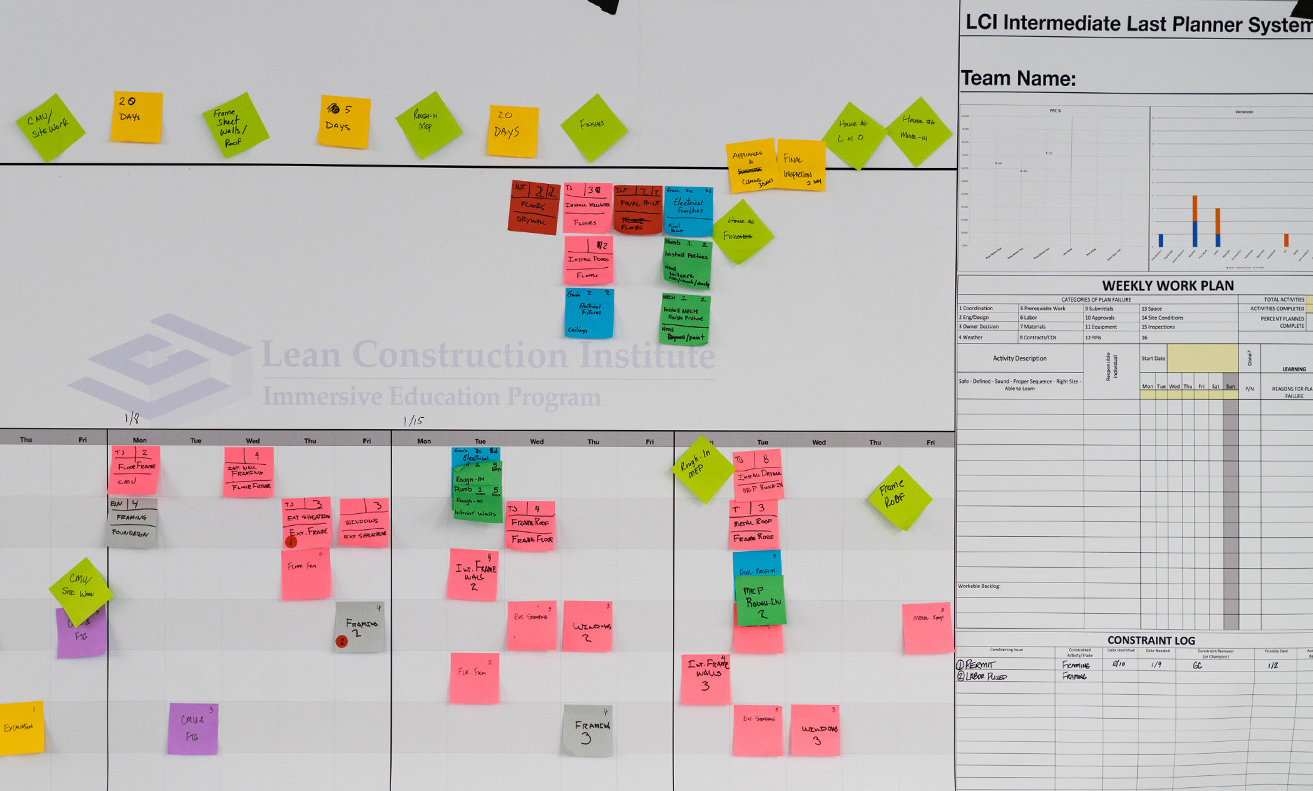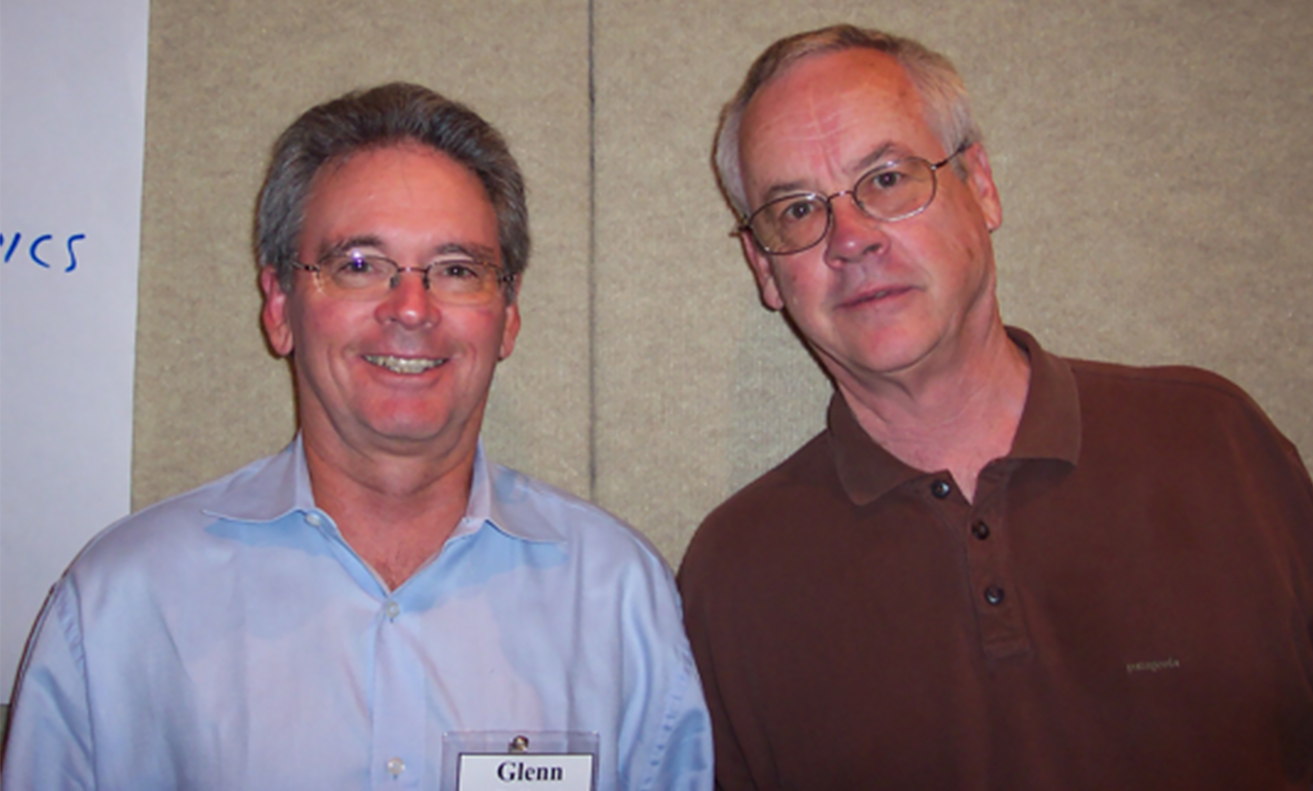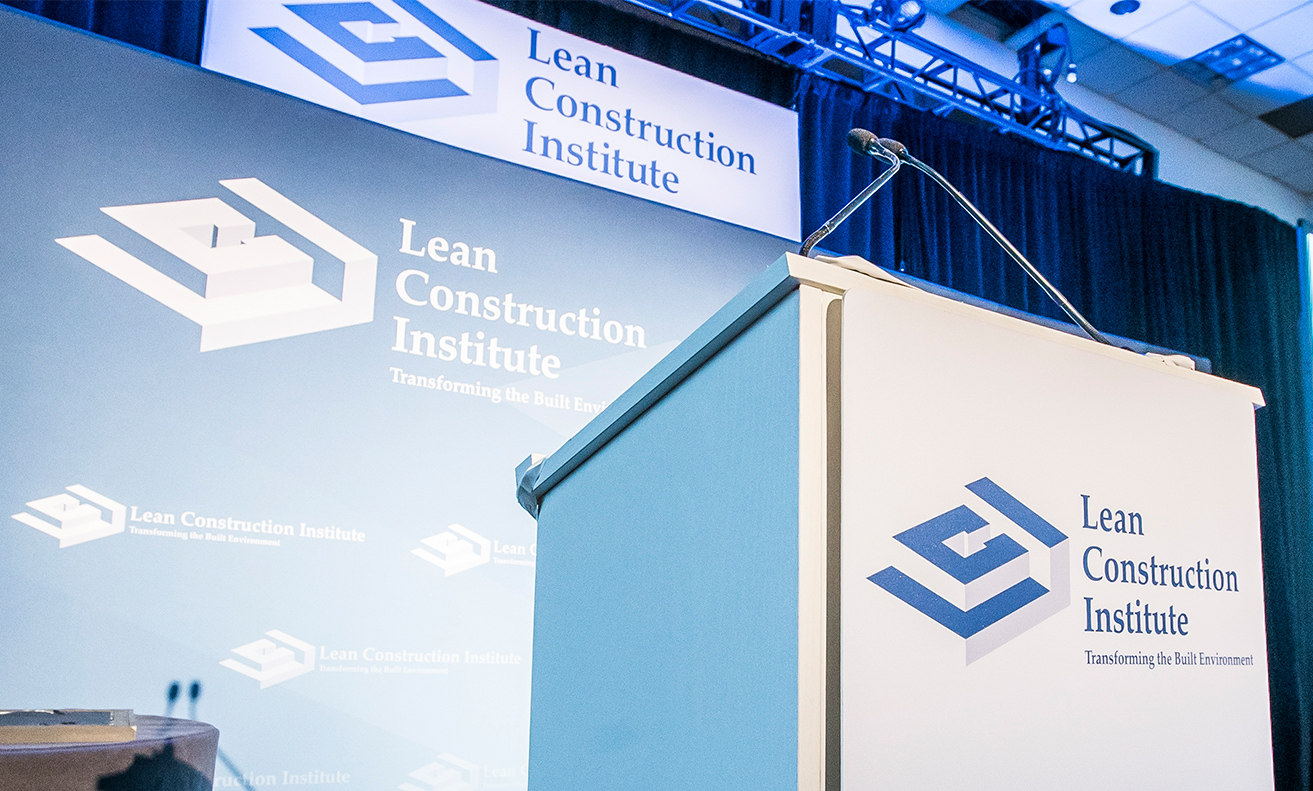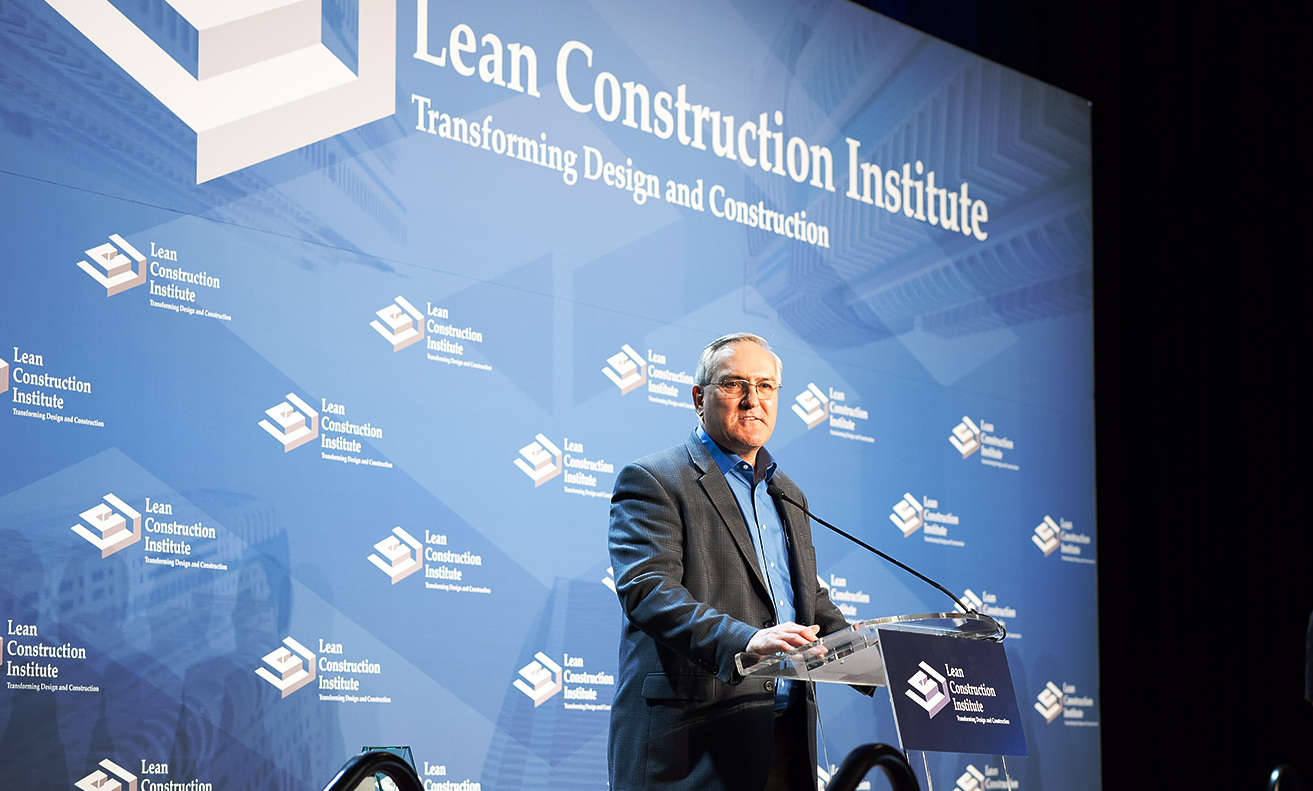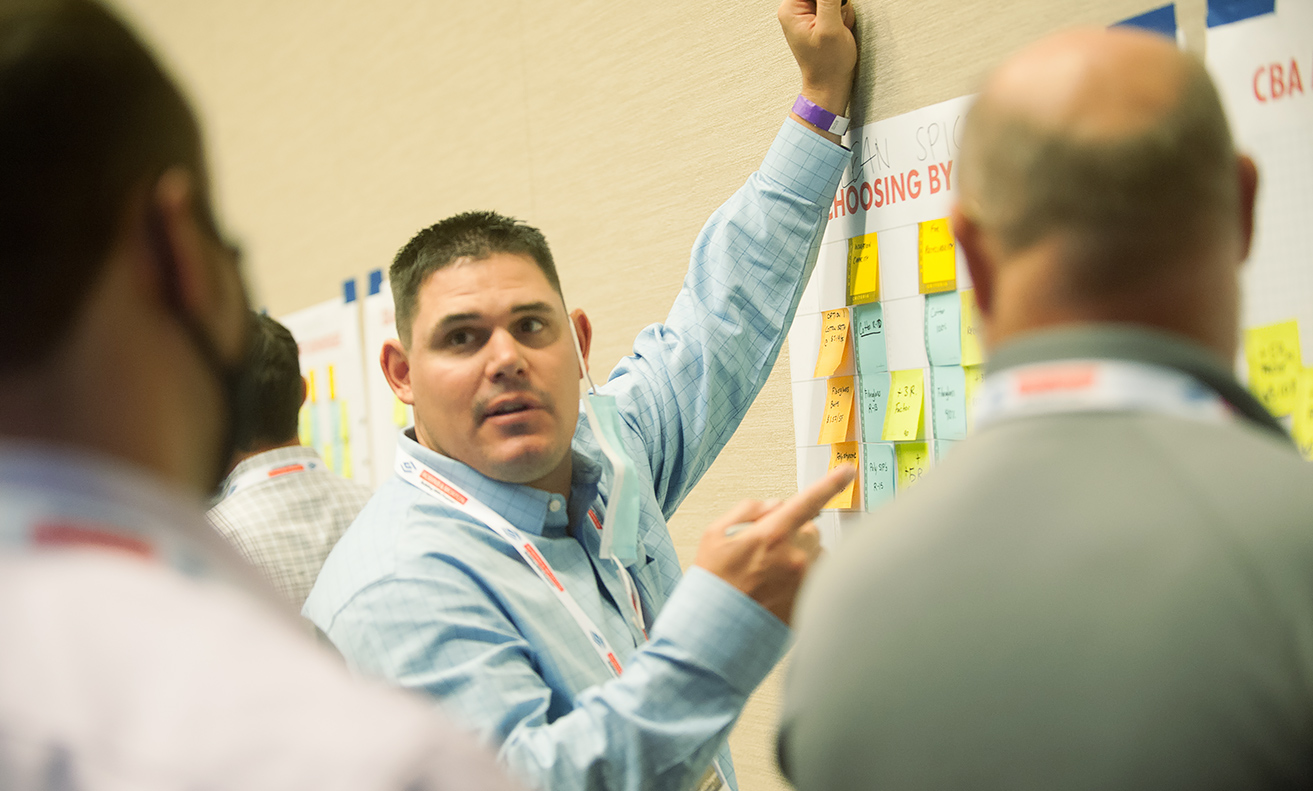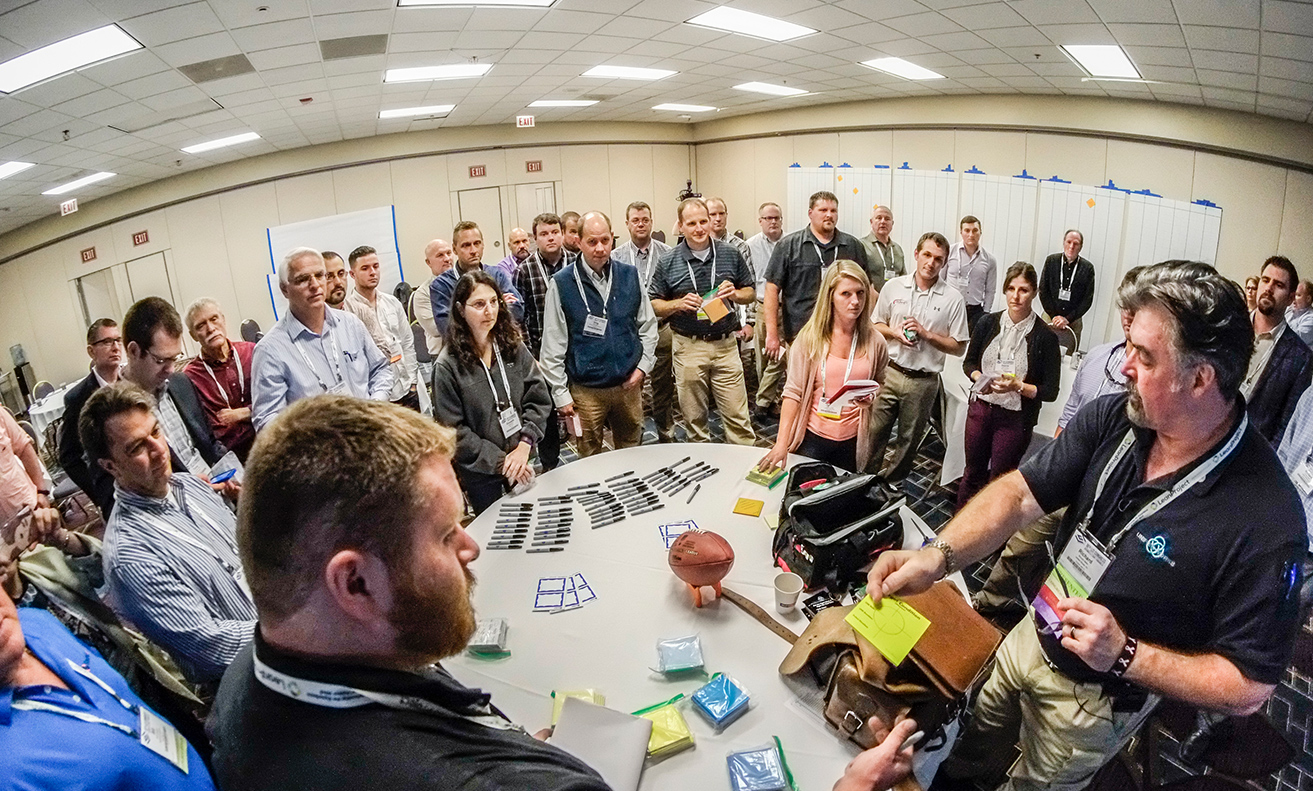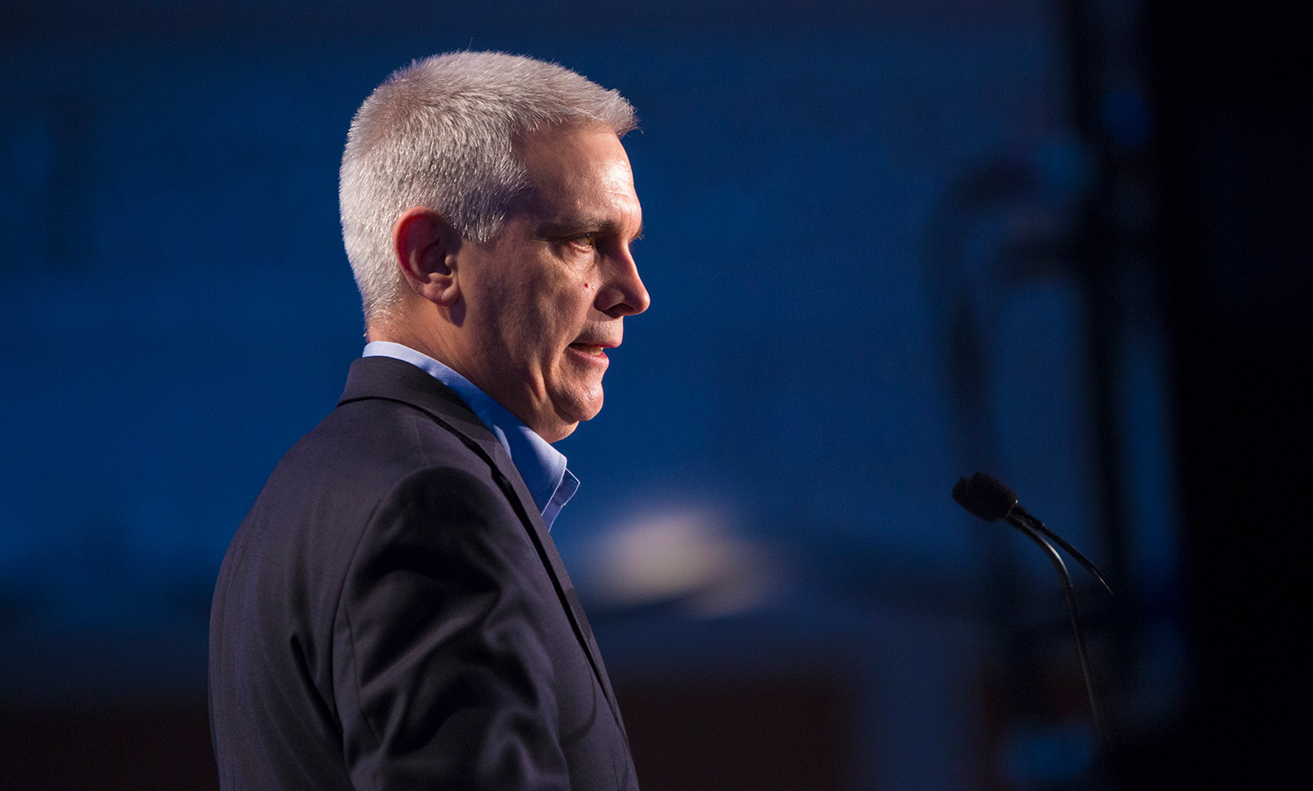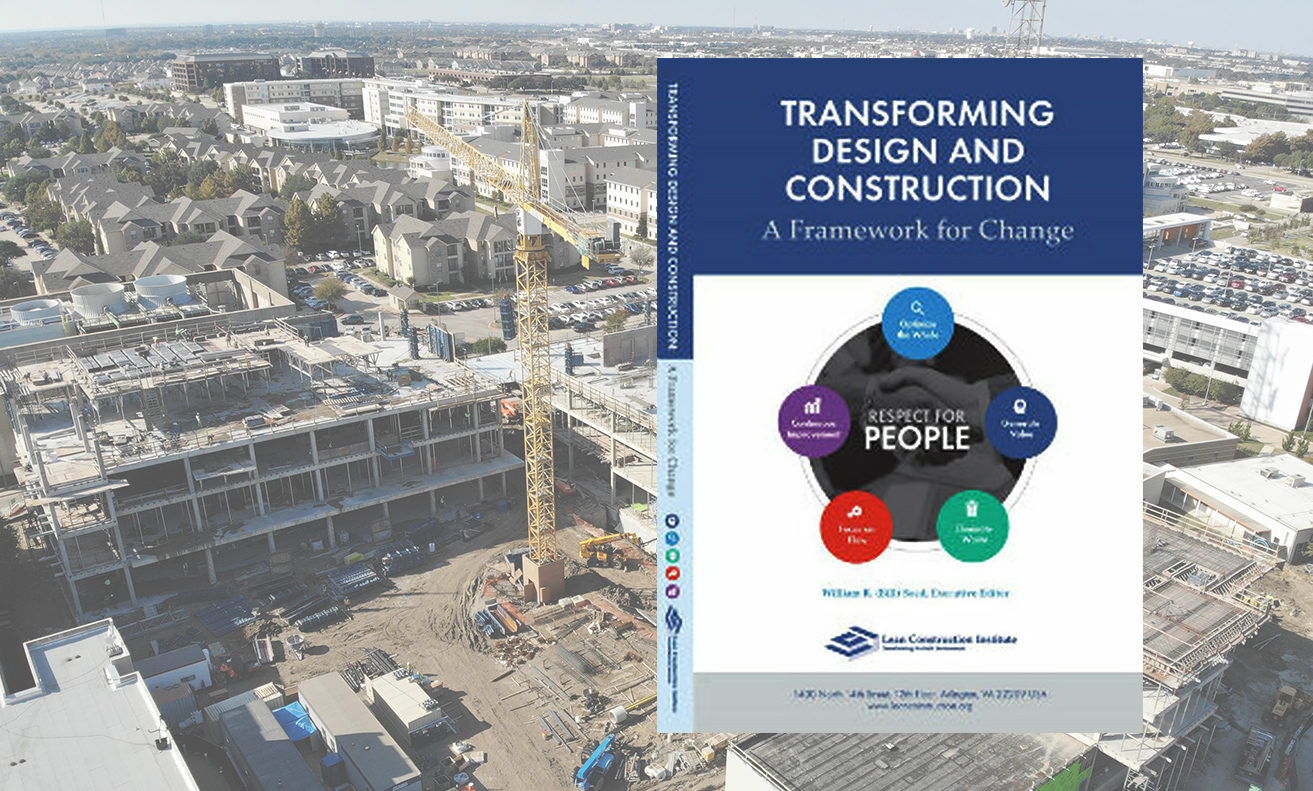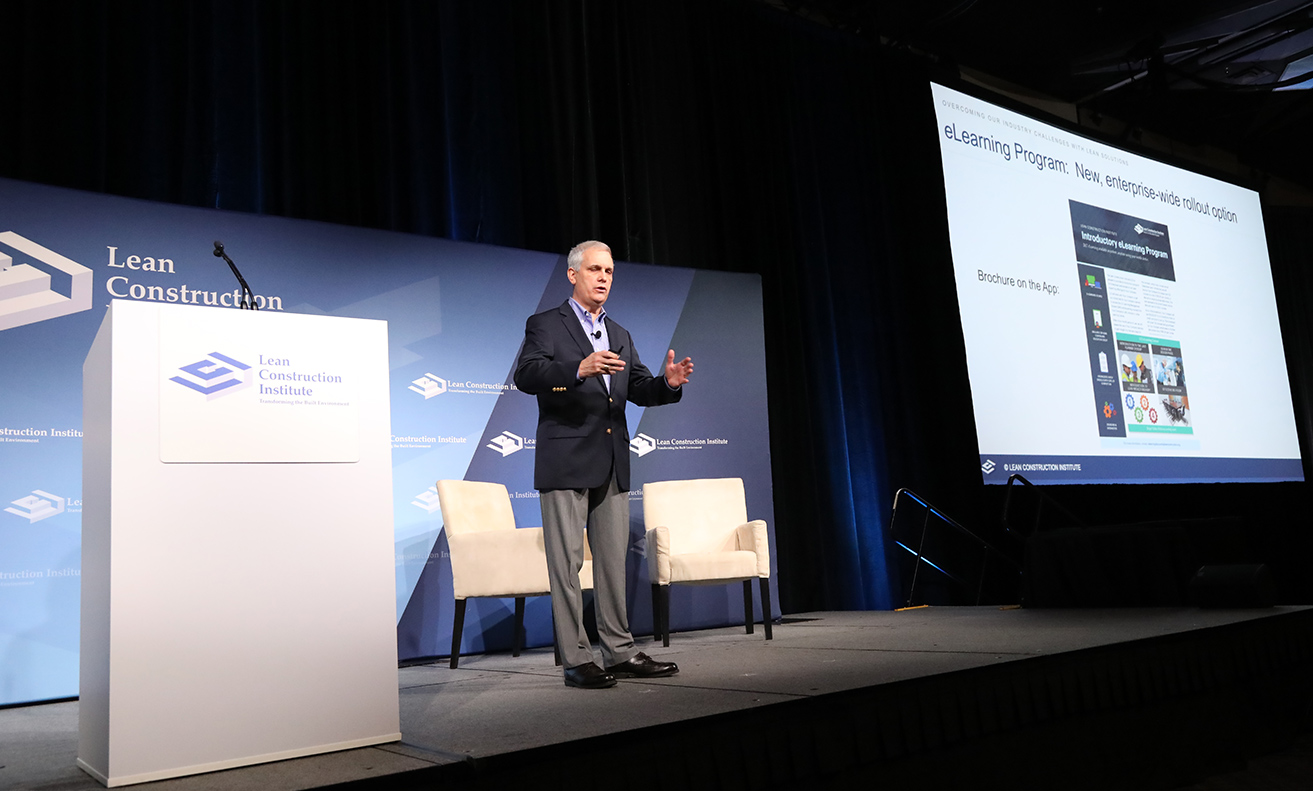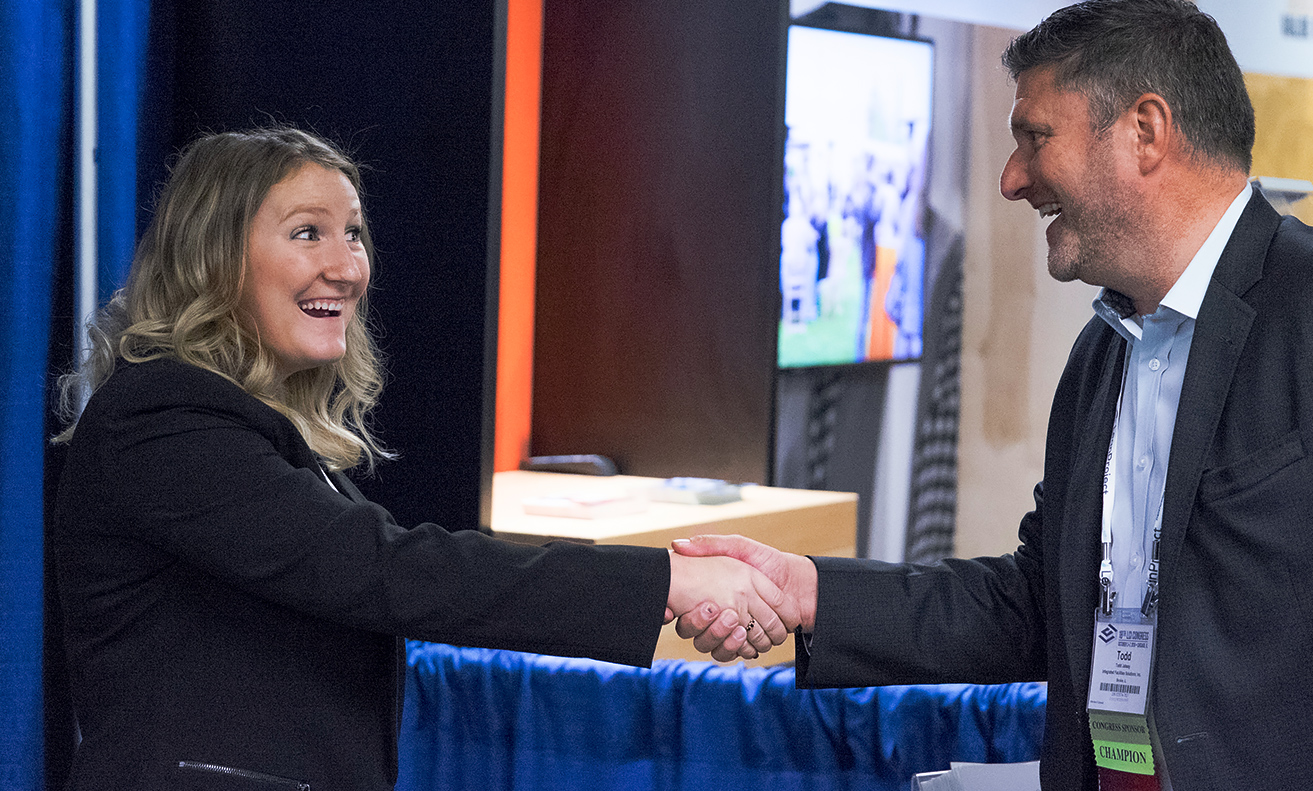History
LCI Through the Years
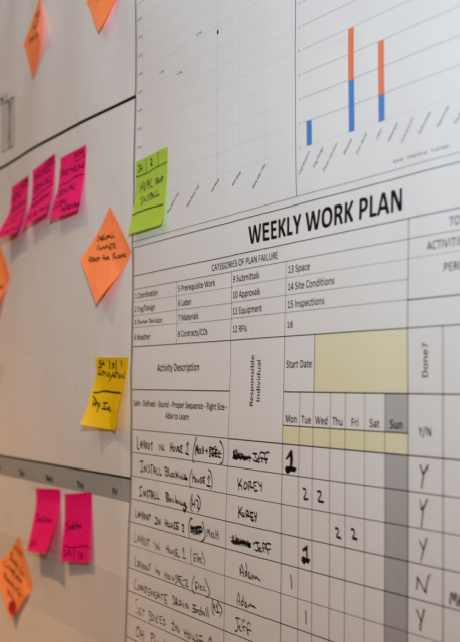
The Last Planner System®
The development of the Last Planner System® provided the foundation for a new way of project management that created predictable workflow and rapid learning. The “Last Planner®” (typically the foreman) is essentially the last person able to assure a reliable downstream workflow. As workflow became more predictable, sites became better organized, meetings were shorter, disputes fewer and bottlenecks and interruptions to workflow became more obvious.
Following a series of LCI-sponsored workshops to explore relational contracting practices, LCI board member Will Lichtig prepared a model Integrated Form of Agreement (IFOA) which soon became the basis for the Consensus Docs 300 series. Paving a way for LCI Corporate Members to incorporate new organizational practices to promote collaboration, workflow improvement and flexibility.

Rethinking Teamwork
On the practice side, Owen Matthews of Westbrook, Inc. led Lean professionals to rethink teamwork. He organized the designers, consultants and contractors delivering a project into a single enterprise – a “one for all, all for one” venture which allowed for costs to be paid and profits shared according to an agreed to ratio. His organization applied for and was granted a trademark for the term “Integrated Project Delivery®” (IPD). This organization in turn granted LCI the right to use IPD in its work which provides for measured focus on the front-end of projects where budgets and programs are established, validated and brought to construction.
Led by a board of directors with diverse skills and backgrounds, LCI continues to advance the organization’s goals to establish a common vocabulary, explore basic research opportunities, enhance educational offerings and explore best practices for Lean Construction through our Communities of Practice (CoPs).

